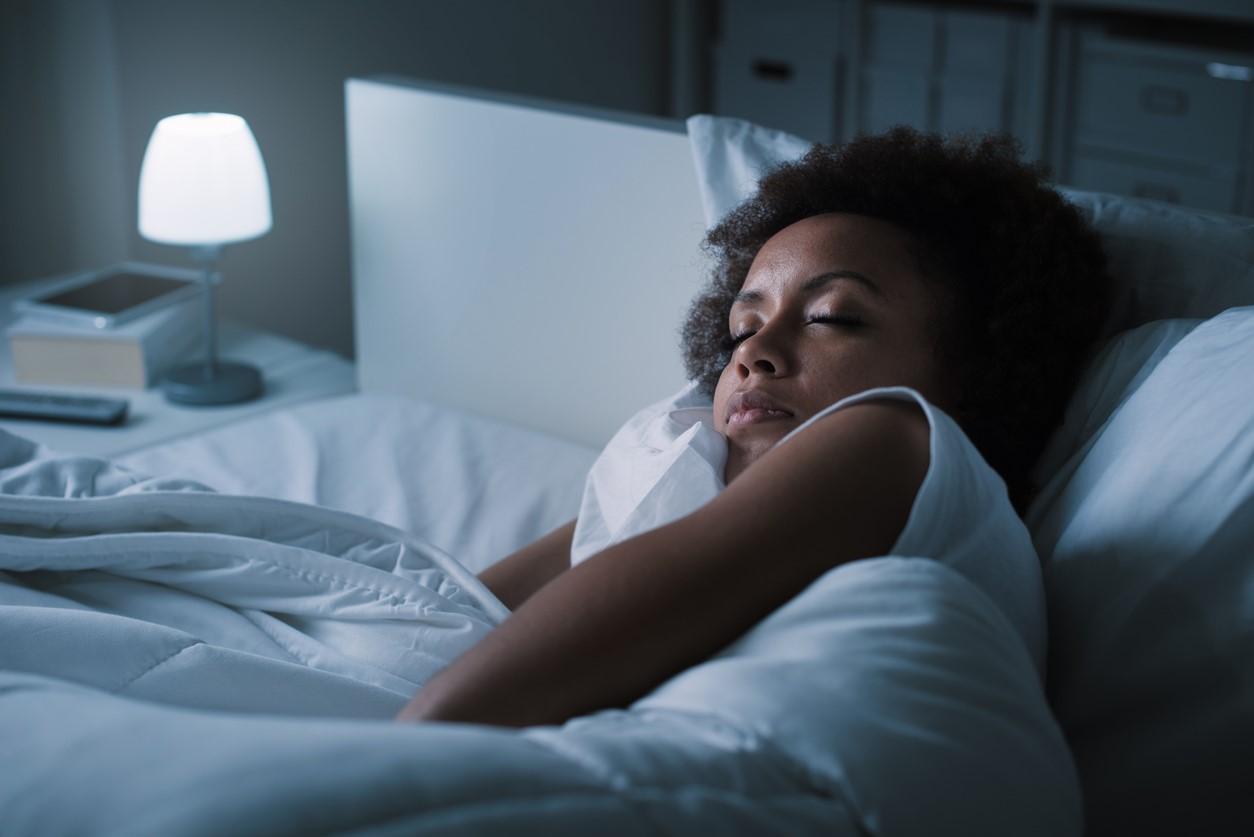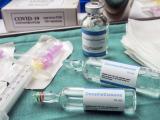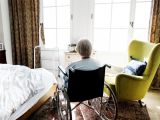Having a healthy sleep schedule before COVID-19 infection may help prevent long COVID, according to a study today in JAMA Network Open.
The cohort study included 1,979 women who participated in the Nurses' Health Study II, completing surveys about sleep habits and COVID infections between April 2020 and November 2021.
The nurses' sleep health was measured before the pandemic (June 1, 2015, to May 31, 2017) and during the early months of the pandemic (April 1 to August 31, 2020).
Sleep health for the pre-pandemic period was measured using five metrics: morning chronotype (assessed in 2015), 7 to 8 hours of sleep per day, low insomnia symptoms, no snoring, and no frequent daytime dysfunction (assessed in 2017). For the survey given during the early months of the pandemic, average daily sleep duration and sleep quality in the prior week was assessed.
Insomnia was defined by asking participants how frequently they have trouble falling asleep, if they wake up several times at night, if they wake up earlier than planned, and if they have trouble getting back to sleep after waking too early.
The sleep results were compared to self-reports of COVID-19 infections and long COVID symptoms (defined as 4 or more weeks of symptoms of post-COVID-19 condition, or PCC).
44% experienced COVID symptoms after 4 weeks
Of the 1,979 participants reporting a SARS-CoV-2 infection, all were women, and the average age was 64.7 years. Almost all (1,924 participants) were White, and 845 (42.7%) were frontline healthcare workers.
Forty-four percent (870) said they experienced COVID-19 symptoms at 4 or more weeks. Compared with women who had a prepandemic sleep score of 0 or 1 (least healthy), those who scored 5 (most healthy) had a 30% lower risk of developing long COVID, the authors said (multivariable-adjusted relative risk, 0.70; 95% confidence interval [CI,] 0.52 to 0.94; P for trend <.001).
Prepandemic chronotype, sleep duration, insomnia, and daytime dysfunction were associated with risk of long COVID after adjusting for age and race and ethnicity.
No or little daytime dysfunction prepandemic was associated with a lower risk of long COVID (relative risk, 0.83; 95% CI, 0.71 to 0.98) and good sleep quality during the pandemic was also independently associated with a lower risk of long COVID (relative risk, 0.82; 95% CI, 0.69 to 0.99).
All of the dimensions of sleep we examined have been linked to systemic inflammation and immune aberrations.
Risks were the same for women who reported working in frontline healthcare or not and were the same for long COVID symptoms reported at 4 or more weeks and 8 or more weeks.
"Several pathophysiologic pathways may underlie our findings," the authors said. "All of the dimensions of sleep we examined have been linked to systemic inflammation and immune aberrations… Furthermore, short sleep duration and insomnia have been implicated in the development of autoimmune antibodies, which have also been found in higher concentrations among patients with persistent COVID-19–related symptoms."




















